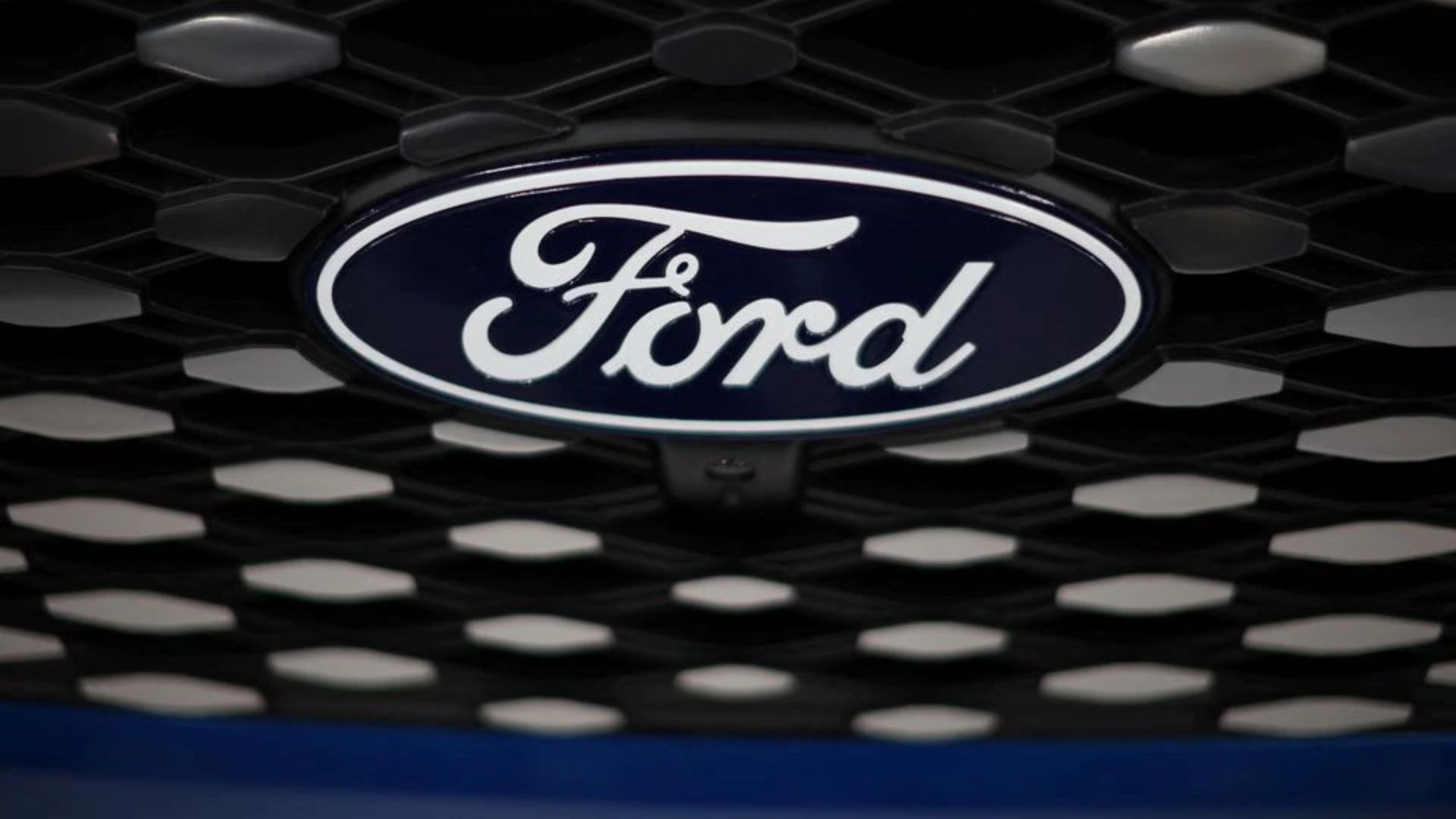by Ben Kleiman and Stephen Nellis
DETROIT/SAN FRANCISCO (Reuters) – Disappointing quarterly results from Ford Motor Co underscored that disruptions caused by the global semiconductor shortage are still plaguing automakers, but some are suffering more than others. .
Ford said Thursday it has left billions of dollars on the table that were under its control and attributed its fourth-quarter volume shortfall of 100,000 vehicles mostly to an inability to obtain chips.
“We are working to access as much as we can through the spot market and the broker market,” he added. “It’s hand-to-hand combat.”
Ford and other automakers scaled back production in 2021 after the COVID-19 pandemic hit, and chip makers responded by shifting shipments to the consumer electronics industry. The auto industry has since been catching up, although some companies have spoken of a slow recovery in supply as the shortage enters its third year.
According to Auto Forecast Solutions, by the end of 2023, about 18 million vehicles will be removed from production plans since the chip shortage began.
General Motors Co-Chief Executive Officer Mary Barra said last October that short-term disruptions would continue, but that overall semiconductor supplies are improving due to deals with chip makers, and a spokeswoman for the Detroit automaker said on Friday that it was not Had changed.
German automaker Volkswagen AG said on Jan. 10 that production is expected to remain challenging in 2023 due to chip shortages, but it anticipates a step-by-step improvement in supply during the year.
Denso downgrades forecast
Ford isn’t the only one feeling the pain.
Japan’s Denso Corp, a key supplier to Toyota Motor Corp, slashed its annual profit forecast on Friday and warned that chip shortages could lead to cuts in auto production. In November, Toyota slashed its vehicle production forecast for the current fiscal year to March due to chip shortages.
The head of another auto supplier, Aptiv Plc, which makes advanced driver assistance systems, vehicle computers and high-voltage cables, said the impact of the chip shortage was not felt equally.
“When you look at the semiconductor challenges … it’s really more focused rather than general supply constraints, (it’s) specific suppliers that are creating constraints,” Aptiv CEO Kevin Clark said Thursday. “We expect that to continue into 2023.”
Kurt Sievers, CEO of Dutch automotive chip giant NXP Semiconductors, said this week there were three types of automotive chips that will be in tight supply through 2023. NXP still sees a shortage of 180-nanometer high voltage micro-controllers used in electric vehicles, some variants with embedded high-reliability memory, 90-nanometer chips and 55-nanometer chips.
“They’re still tight, which means we’re still hindering car companies from building the cars they want to make,” Sievers told Reuters. “But this whole thing about millions of cars not being made that belongs to NXP will be behind us, at least until the end of this year.”
When asked why Ford seemed to be hit harder than other automakers, a company spokesman said the issues didn’t hit all companies at the same time to the same degree, and acknowledged that it was necessary to secure the chips. Others moved quickly after COVID-19 hit.
Ford executives said Thursday that they have opportunities to further cut supply-chain costs. Lawler said Ford’s suppliers were part of the $1 billion premium paid by the Dearborn, Michigan-based automaker last year due to higher shipping costs and manufacturing disruptions on the chips.
“While these issues are not limited to Ford, it appears to have been disproportionately affected in 4Q,” JPMorgan analyst Ryan Brinkman said in a research note. “We expect these issues to continue through 2023, but to decrease as the year progresses.”
(Reporting by Ben Kelman in Detroit and Stephen Nellis in San Francisco; Additional reporting by Joseph White in Detroit, Jane Lanhee Lee and Hyun Joo Jin in San Francisco, Victoria Waldersee in Berlin and Daniel Leusink in Tokyo; Editing by Matthew Lewis)









